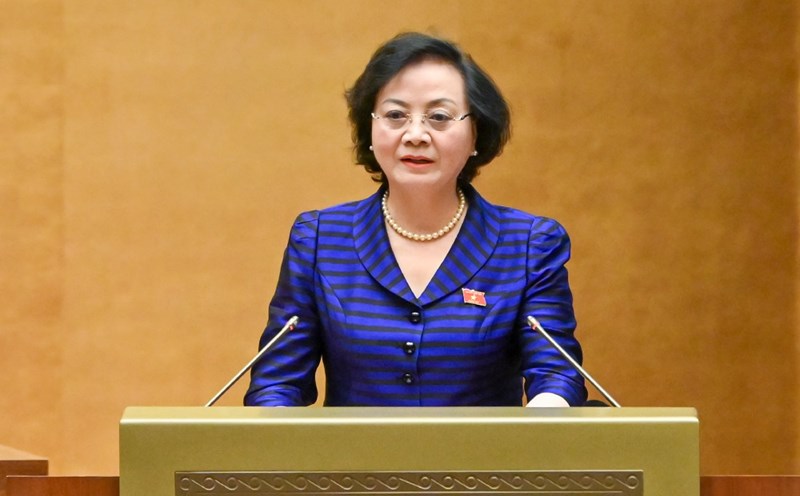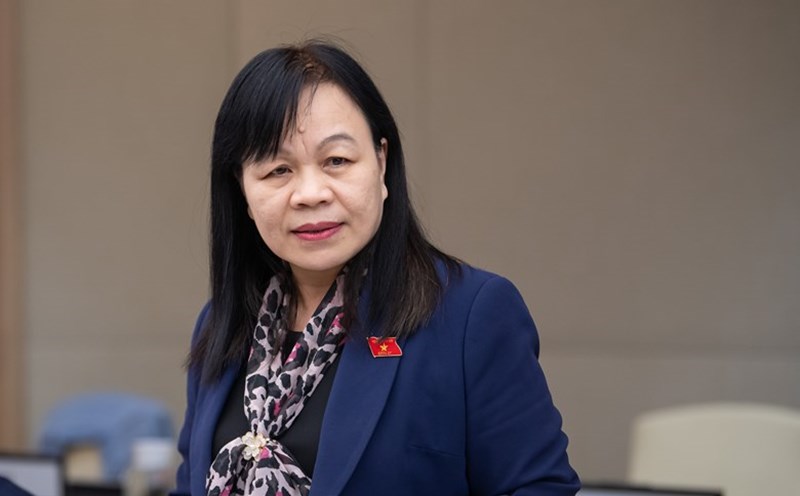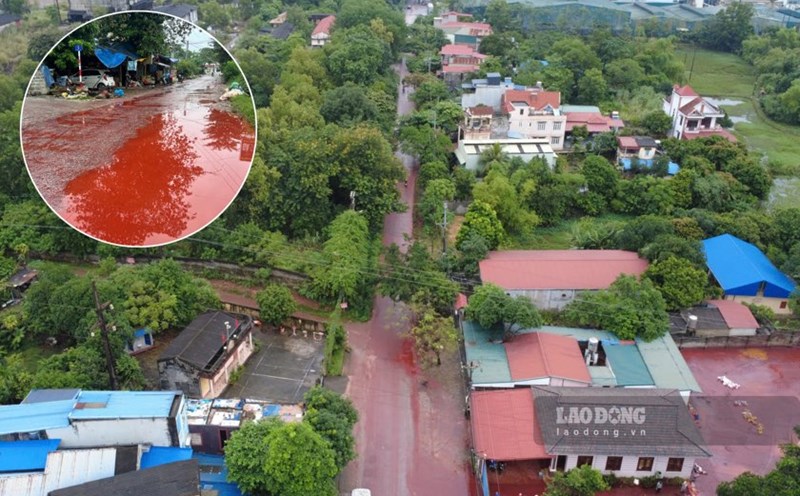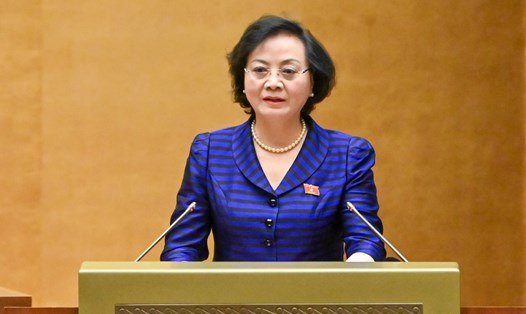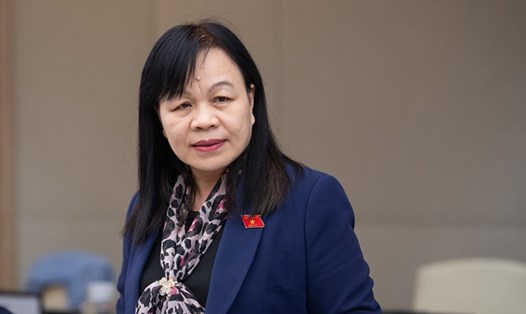Mr. Pham Van Duc (character's name has been changed) said he is a commune-level civil servant. He noted that after the restructuring of the apparatus, the volume and work pressure of cadres and civil servants increased a lot, but the regime, policies and salaries have not changed.
Mr. Duc asked, what is the current roadmap for adjusting policies? Previously, he was arranged and arranged as a commune-level civil servant, concurrently holding the title of non-professional activist (clerical, archival, treasurer). So after the arrangement, will you continue to enjoy the concurrent regime?
Regarding this issue, the Ministry of Home Affairs responded on the Electronic Information Portal.
According to the Ministry of Home Affairs, the salary regime for cadres, civil servants and public employees is being implemented according to the provisions of Decree No. 204/2004/ND-CP of the Government and guiding documents. During the implementation process from 2004 to present, there have been many arising issues and shortcomings.
Accordingly, the Ministry of Home Affairs has advised competent authorities to submit to the 7th Central Conference of the 12th tenure to issue Resolution No. 27-NQ/TW dated May 21, 2018 on reforming salary policies for cadres, civil servants, public employees, armed forces and workers in enterprises.
Implementing Conclusion No. 64/KL/TW dated October 18, 2023 of the 8th Central Conference of the 13th tenure on socio-economics in 2023-2024 and Resolution No. 104/2023/QH15 dated November 10, 2023 of the 15th National Assembly on the state budget estimate for 2024, the Ministry of Home Affairs has chaired and coordinated with relevant ministries and agencies to prepare reports to the Government, the National Assembly, and the Politburo on the difficulties and inadequacies if implementing new salary tables and new allowance regimes in the public sector in accordance with Resolution No. 27-NQ/TW.
Accordingly, the Politburo issued Conclusion No. 83-KL/TW dated June 21, 2024, in which at Point 5.2, Clause 5 on salary reform; Adjusting pensions, social insurance benefits, preferential allowances for meritorious people and social allowances from July 1, 2024, it assigned: "The Central Economic Commission (now the Central Committee for Policy and Strategy) will preside over the preliminary review of the implementation of Resolution No. 27- NQ/TW, in which it will coordinate with the Party Committee of the Ministry of Home Affairs and relevant ministries, branches and sectors to study and evaluate the suitability, feasibility and propose the implementation of 5 new salary tables and 9 new allowance regimes of the public sector for submission to the Central Committee for consideration after 2026 when the Politburo promulgates and implements the system of Job Position Lists in the political system".
After the Central Policy and Strategy Committee summarizes the implementation of Resolution No. 27-NQ/TW, the Ministry of Home Affairs will preside over and coordinate with relevant ministries and agencies to study the suitability, feasibility and propose salaries, new allowance regimes and bonuses.
In particular, there is a salary and income policy for cadres, civil servants, and public employees working at agencies and units under local governments at 2 levels, ensuring compliance with Party regulations, legal regulations, and state budget capacity.


